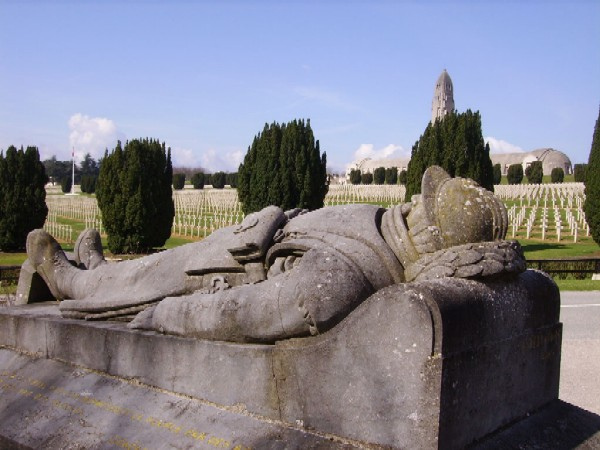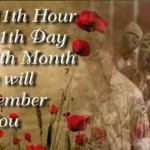Some readings for this day when we reckon — and face — the cost of our wars.
I.
How African Americans responded to the postwar resurgence of white supremacy reflected the depths to which the aspirations of the war and expectations for democracy shaped their racial and political consciousness. The war radicalized many African Americans and deepened a commitment to combat white racial violence. At the same time, the contributions of the soldiers, as well as peoples of African descent more broadly, to the war effort swelled racial pride. Marcus Garvey tapped into this social, political, and cultural milieu. A native of Jamaica, Garvey brought his new organization, the Universal Negro Improvement Association (UNIA), to New York and soon attracted thousands of followers. The UNIA, predicated upon the principles of Black Nationalism and African diasporic unity, quickly became the most dominant mass movement of the postwar era. A host of other radical organizations and newspapers complemented the UNIA and signaled the arrival of the “New Negro.”
From African Americans and World War I, an essay by Dr. Chad Williams.
II.
Charles Vernon Bush was the first African American to graduate from the U.S. Air Force Academy.
He fought in Vietnam, and was awarded a Bronze Star.
A couple years before his death, Bush wrote a chapter for Attitudes Aren’t Free: Thinking Deeply About Diversity in the U.S. Armed Forces by Air University Press, February 2010:
Diversity efforts within the US government, particularly the Department of
Defense (DOD) and the intelligence community (IC), have proven to be
inadequate. Their failure is largely due to organizations approaching diversity
more as a personnel program than a critical mission element imperative to
national security. Leaders often discuss and study the importance of diversity,
but little evidence has emerged over recent years to indicate they fully embrace
it. Hence, military organizations (broadly defined to include the larger intelligence
communities outside of the armed services) fall woefully short in establishing
diversity within their senior executive and officer ranks. Moreover,
DOD and IC leaders continue to establish and communicate incongruent department
diversity mission statements, objectives, and goals that lack prescribed,
mandatory performance standards. Because there are no prescribed
performance standards, there exists no leadership accountability and thus no
leadership responsibility for monitoring diversity. Therefore, organizations deliver
poor and unacceptable outcomes on diversity objectives, which leaders
regrettably accept.
He had a Twitter account, @cvbgrf. It is not everybody who can just link to their Wikipedia biography from their Twitter profile.
III.
Bent double, like old beggars under sacks,
Knock-kneed, coughing like hags, we cursed through sludge,
Till on the haunting flares we turned our backs
And towards our distant rest began to trudge.
Men marched asleep. Many had lost their boots
But limped on, blood-shod. All went lame; all blind;
Drunk with fatigue; deaf even to the hoots
Of tired, outstripped Five-Nines that dropped behind.
Gas! Gas! Quick, boys!—An ecstasy of fumbling,
Fitting the clumsy helmets just in time;
But someone still was yelling out and stumbling
And flound’ring like a man in fire or lime…
Dim, through the misty panes and thick green light,
As under a green sea, I saw him drowning.
In all my dreams, before my helpless sight,
He plunges at me, guttering, choking, drowning.
If in some smothering dreams you too could pace
Behind the wagon that we flung him in,
And watch the white eyes writhing in his face,
His hanging face, like a devil’s sick of sin;
If you could hear, at every jolt, the blood
Come gargling from the froth-corrupted lungs,
Obscene as cancer, bitter as the cud
Of vile, incurable sores on innocent tongues,—
My friend, you would not tell with such high zest
To children ardent for some desperate glory,
The old Lie: Dulce et decorum est
Pro patria mori.
— Wilfred Owen, killed on 4 November 1918, one week prior to the signing of the armistice.
IV
Female veterans battling PTSD from sexual trauma fight for redress
Personal Memoirs of U. S. Grant
V








